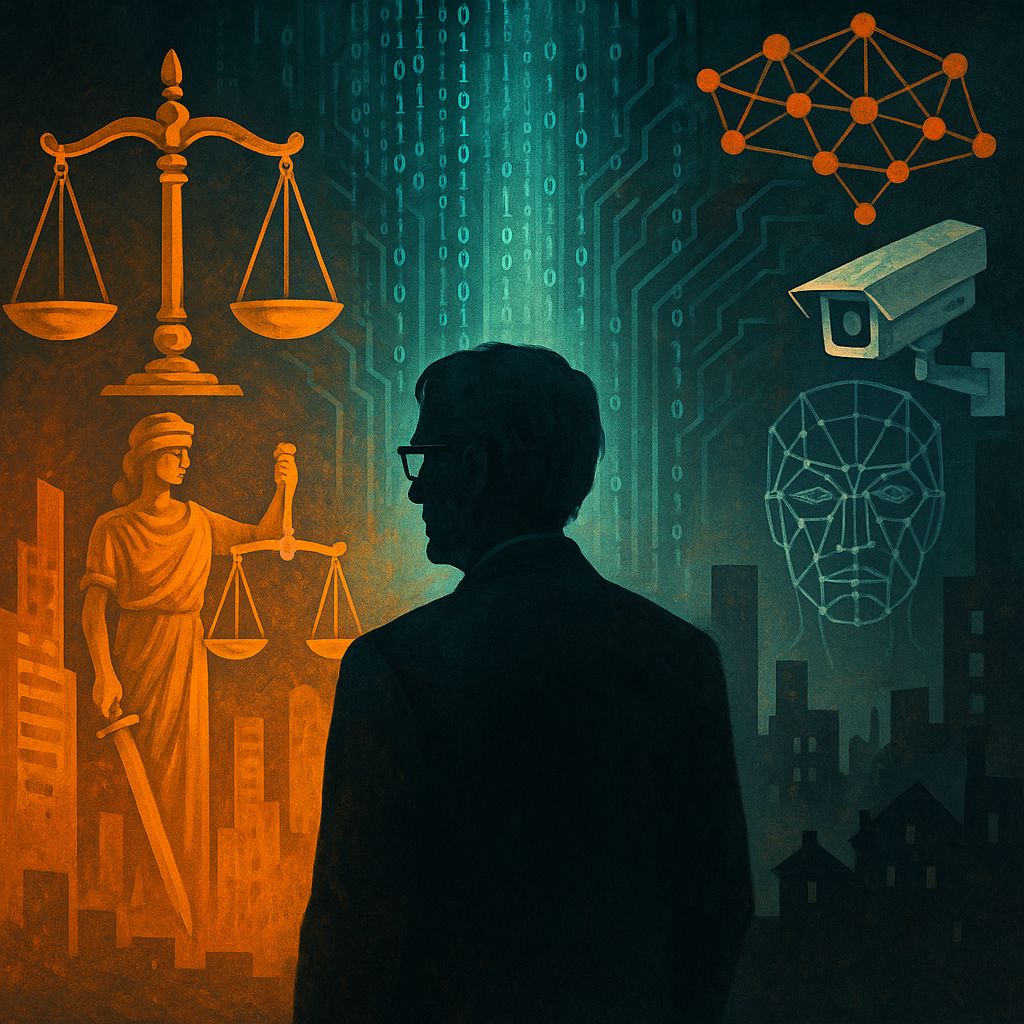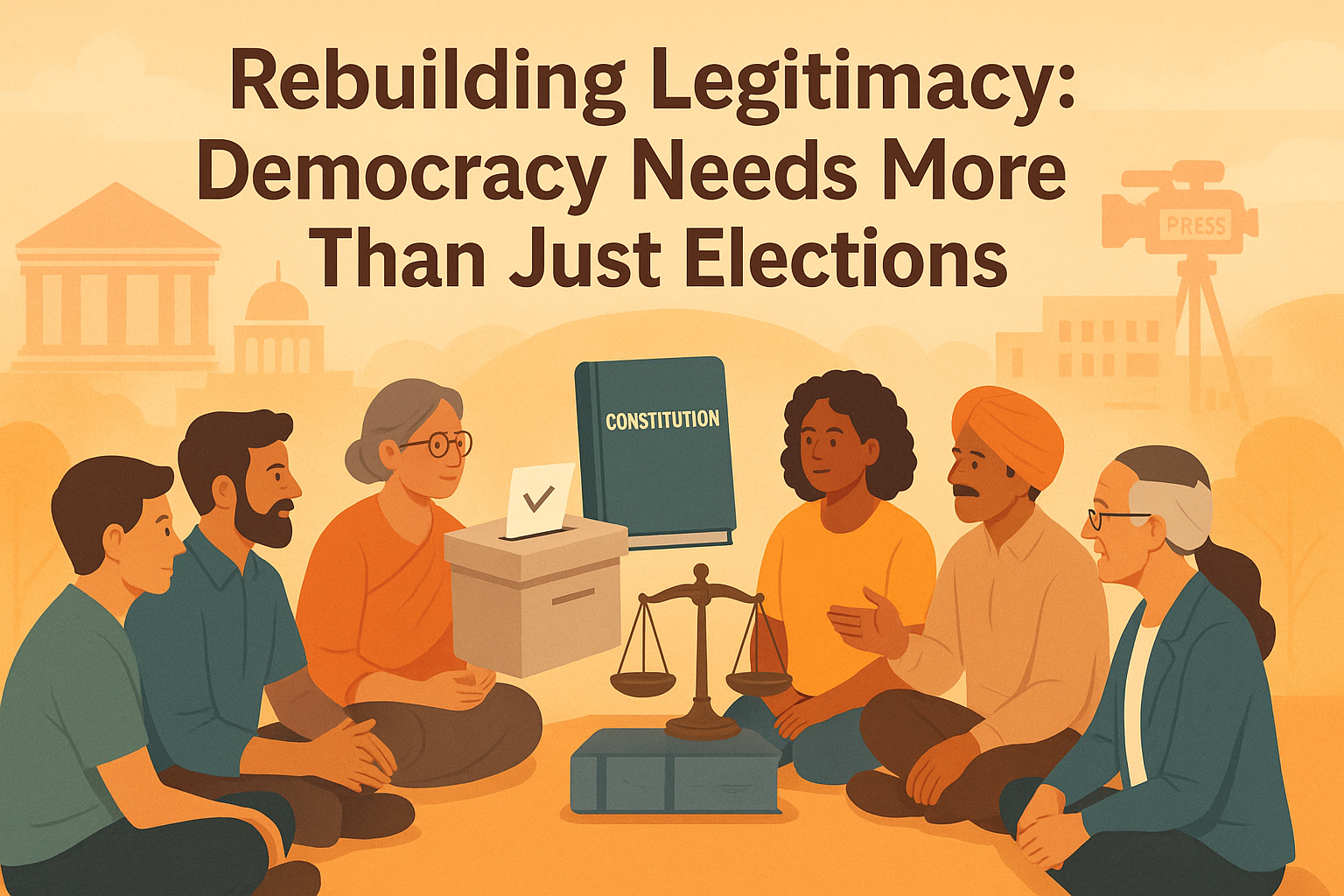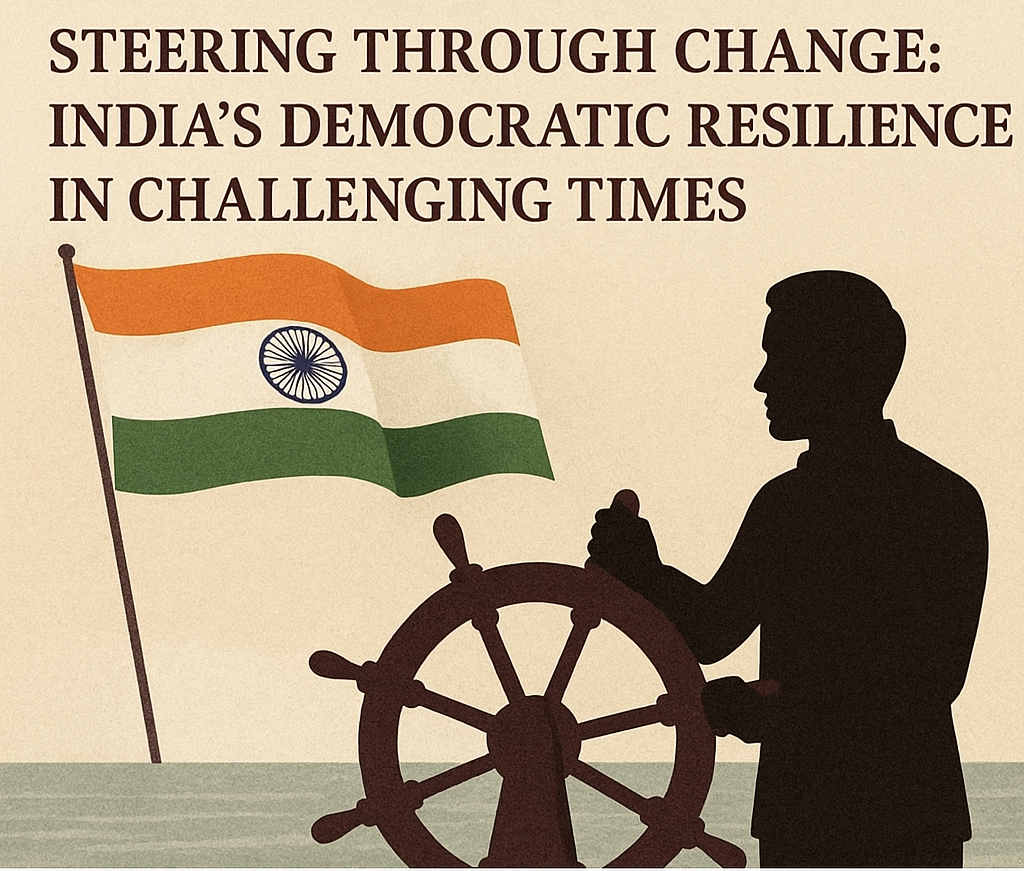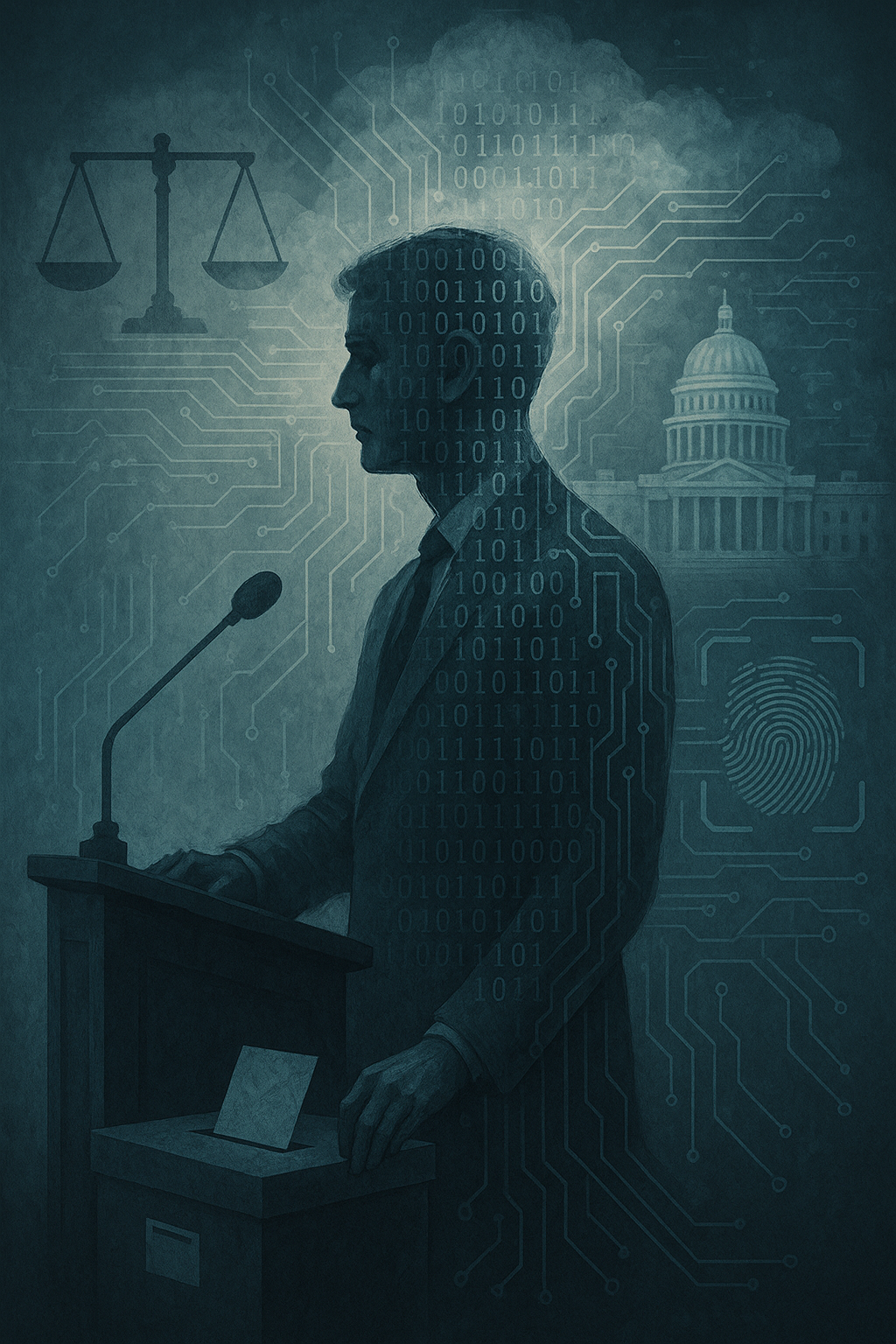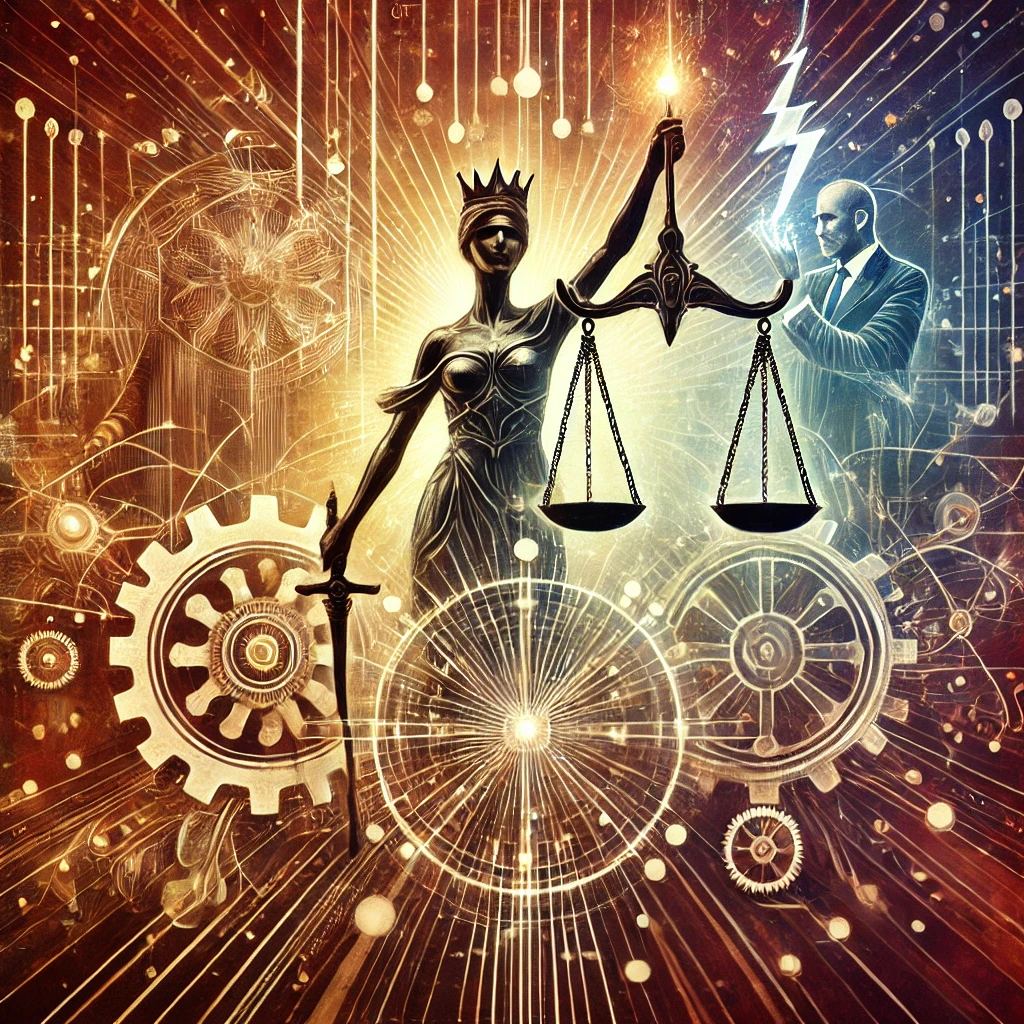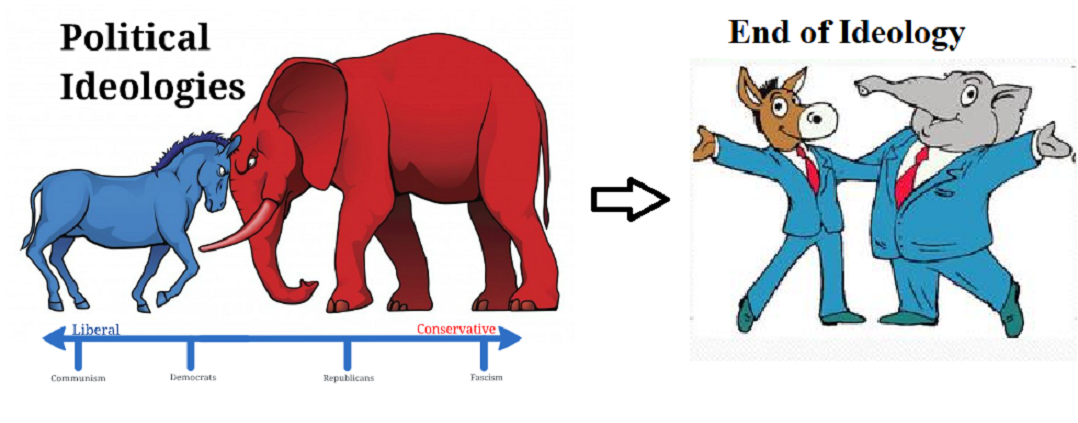Justice in the 21st Century: Reimagining Rawls in the Age of Inequality and AI
Introduction: A Theory Ahead of Its Time In 1971, American philosopher John Rawls revolutionized modern political thought with A Theory of Justice, a work that sought to answer one of humanity’s most enduring questions: what does it mean to create a just society? At its heart lies the notion of “justice as fairness” a vision … Read more
